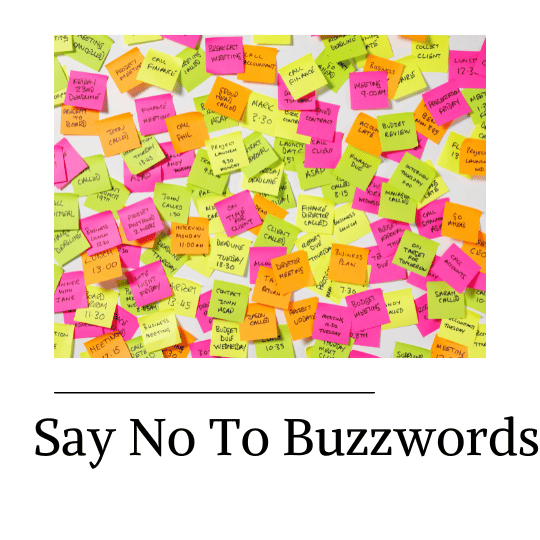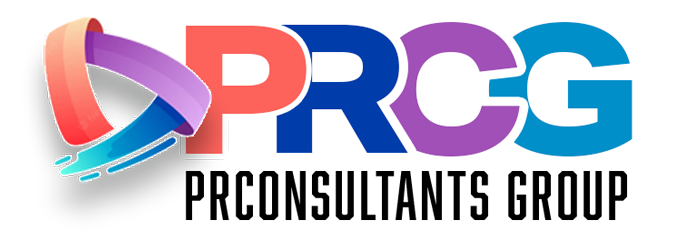It’s no secret that technology has taken over our world. Practically everything that was once paper is now digital – I mean, we even refer to an entire generation as the “iGeneration.” This technological revolution has changed the face of communication so drastically that it is virtually unrecognizable from communication 30 years ago.
Gone are the days of handwritten letters and snail mail (while romantic in Nicholas Sparks films, we can all admit they’re not entirely effective methods of communication).
Just Say no To Buzzwords in PR
In a world that relies heavily on instant gratification, trends begin and end so quickly that if your phone dies and you forgot a charger, you’ll probably miss it. One of the hottest trends right now is buzzwords.
Every social media user has probably found themselves wondering the following questions at some point in their life: “So, saying that something is ‘lit’ doesn’t actually mean that it’s on fire?” “Why is it spelled ‘meme’ and not ‘meem’?” “Can we all just PLEASE agree on how ‘gif’ is pronounced?”
While buzzwords are temporary in definition, certain ones have stuck around courtesy of good ol’ Merriam Webster. Words that originated on Twitter are now officially a part of the English language, as terrifyingly awesome as that is.
If you think about it, nothing about this is new. Words have been added to the English language for as long as it has been in existence. It’s safe to assume that words like obnubilate and transpicuous did not originate with cavemen. The reason the whole phenomenon of integrating buzzwords from social media into our language seems so outlandish is because we get to witness it. We get to see firsthand a word’s transformation from a post gone viral, to a common trend, to a page in the dictionary.
Not only are new words being introduced, but words (and their meanings) are changing. Ask a 10-year-old what a pound sign is, and they’ll stare at you dumbfounded. Ask them what a hashtag is, and they’ll probably roll their eyes and sigh as they pull out their iPhone and open 12 new apps you’ve never heard of to show you an example. Even words such as “block,” “unfriend” and “viral” all existed pre-social media, and yet their meanings have been altered slightly to reflect the digital world we live in.
The English language is a complex, beautiful piece of art. It will continue to grow and change so long as the people speaking it continue to. And yes, it is slightly ridiculous to realize the word “selfie” is engrained in the dictionary for posterity. But the idea that anyone has the capability to create a word through the use of social media is pretty incredible. Oh, sorry. It’s “lit.”






